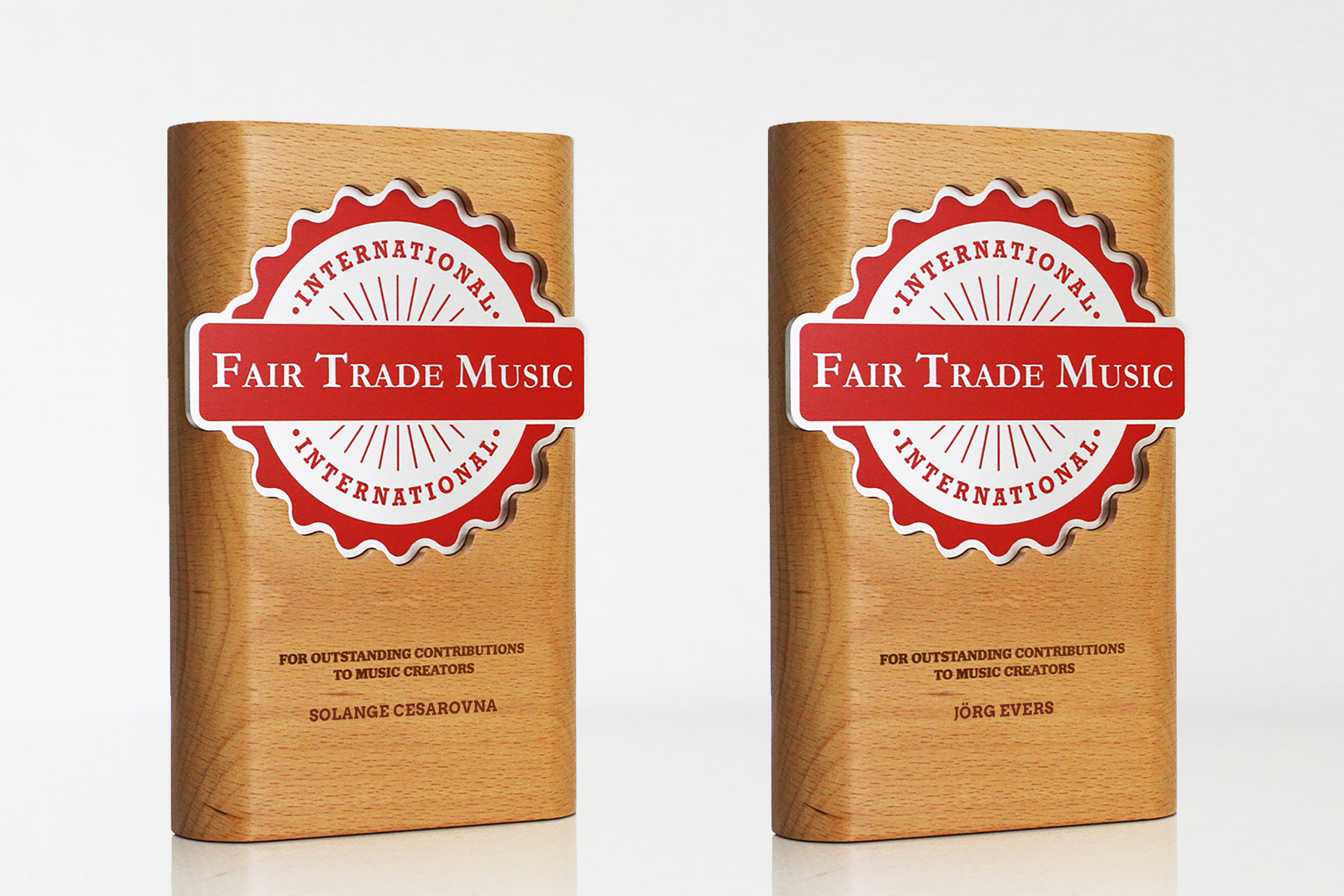The three-step test is an important legal doctrine established in 1967 under the Bern Convention. It helps the 181 parties to this treaty to standardise any copyright limitations or exceptions that they wish to add to their respective national copyright laws.
Whilst the test’s definitions, the three steps can be summarised as:
- Copyright limitations and exceptions cannot be overly broad
- They cannot rob rights holders of a real or potential source of income that is substantive
- They also cannot do disproportional harm to the rights holders
The test has since been modified and transplanted into the WIPO Copyright Treaty, the WIPO Performances and Phonograms Treaty and the EU Copyright Directive (2001). It is also included in the TRIPS Agreement (1994) which establishes minimum standards for the regulation of intellectual property in all 166 World Trade Organisation (WTO) member nations.
In the latter, article 13 of TRIPs reads:
Members shall confine limitations and exceptions to exclusive rights to certain special cases which do not conflict with a normal exploitation of the work and do not unreasonably prejudice the legitimate interests of the rights holder.”
The three-step test is just one of a number of international legal instruments with which GenAI should comply. However, to manufacture their outputs today, GenAI companies take copyrighted material and duplicate it multiple times into datasets and large language models. They do not ask permission, often strip out the rights management metadata and make zero payment to the original creators. It’s hard to imagine this process not doing “disproportional harm to the rights holder”.
At Fair Trade Music International, we believe that a new right of remuneration, vested in individual human creators, would allow a fair license and enable the sustainable use of this revolutionary technology. Learn more here.
[Image © 2020 Andreas Fischinger]


